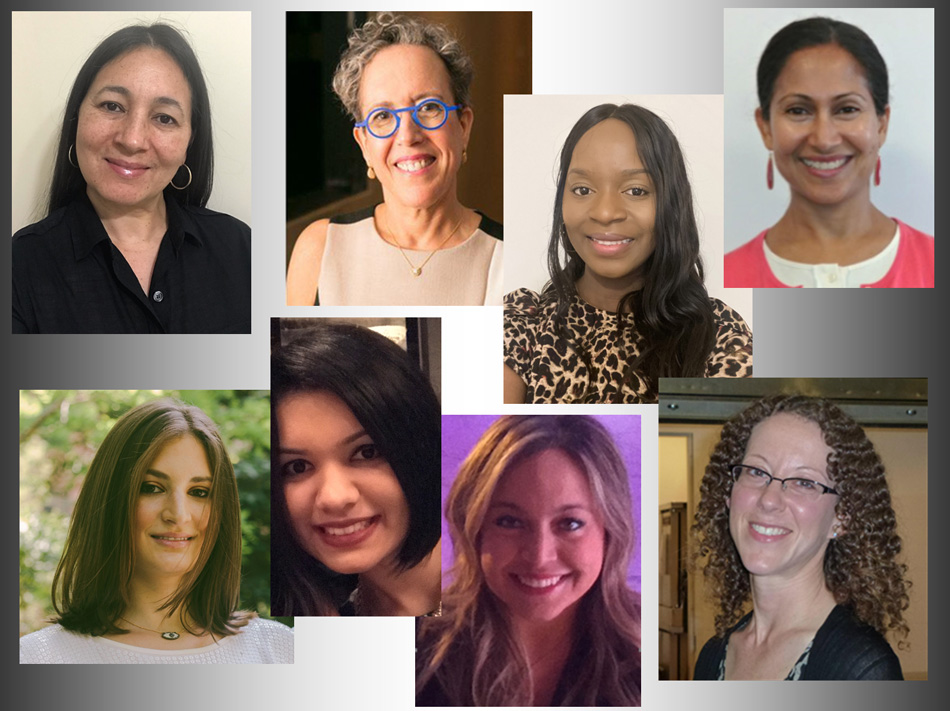
Please feel free to contact the Planned Giving team with any questions.
Toll Free: (800) 428-8884
Email: giving@hadassah.org
40 Wall Street, 8th floor
New York, NY 10005
ATTN: Planned Giving & Estates
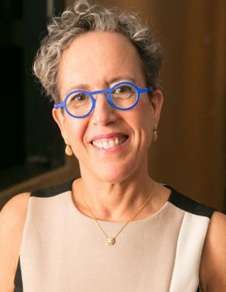
Lori B. Lasson, JD
Chief Planned Giving & Estates Officer
(212) 303-8098
LLasson@hadassah.org
Lori joined Hadassah in 2006. She hails from Philadelphia, where she attended the University of Pennsylvania. Upon graduating magna cum laude in 1980, Lori lived in Israel for a year where she taught English as a volunteer in Beit Shemesh. Following her return home to attend the Temple University School of Law, she relocated to New York, where she began her legal career, first as a litigator, before specializing in trusts and estates.
Lori lives in Brooklyn together with her husband. They have four children and three grandchildren.
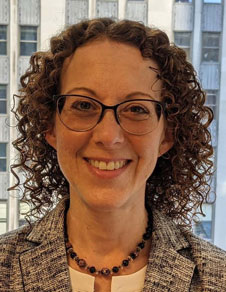
Lisa S. Smith, JD
Deputy Chief Planned Giving & Estates Officer
(212) 303-8099
LSmith@hadassah.org
A Brooklyn native, Lisa joined Hadassah in 2008 after living and working in Israel for several years. Lisa oversees Hadassah's active trusts and estates program and helps members who are interested in making a legacy gift to Hadassah. Lisa previously worked as an attorney in private practice and for the federal government. Lisa graduated summa cum laude from the University of Pennsylvania, where she was elected to Phi Beta Kappa, and from New York University School of Law. Lisa is active in her synagogue and enjoys running marathons. She lives with her husband and three children in Park Slope, Brooklyn.
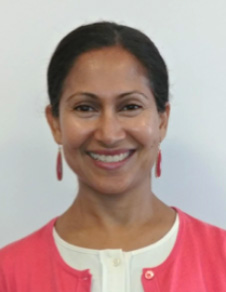
Desiree Cameron
Associate Director, Planned Giving and Estates
(212) 803-8019
DCameron@hadassah.org
Desiree began her career in banking and economic development in Georgetown, Guyana, before immigrating to the United States. She joined Hadassah in 1998 and specializes in estate administration and planned giving. She also oversees the marketing and budgeting for the department.
Desiree graduated from Queens College with a bachelor's degree in accounting. In her spare time, she enjoys reading, cycling and traveling. She currently lives in Queens with her husband and children.
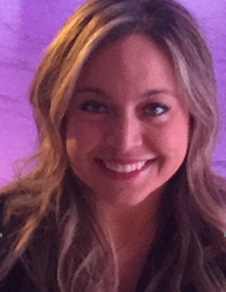
Melody Sakhai
Assistant Director, Trusts and Estates
(212) 303-4511
msakhai@hadassah.org
Melody Sakhai joined Hadassah in 2013 where she handles estates and trusts leaving gifts to Hadassah. She graduated magna cum laude from the Queens College Honors program and was elected to the Phi Beta Kappa Society.
In 2011, she graduated from St. John's University School of Law, where she received the Pro Bono Service Award and was faculty assistant of the Elder Law Clinic.
She is fluent in Farsi and is a member of the Iranian American Bar Association (IABA), and the American Bar Association.
